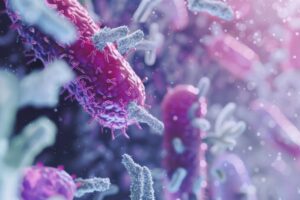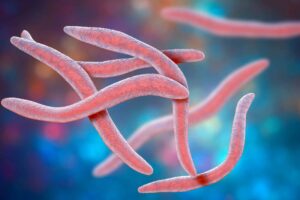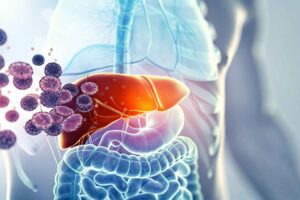Text
Oncology
Plant compounds and gut microbiota activity influence how cancer drugs work and should be considered in treatment.
Dentistry
Tracking the oral microbiota can help identify ECC risk early and inform prevention strategies in children, even before visible signs of decay.
Endocrinology, Nutrition
AceCel is a promising way to help manage obesity by targeting gut bacteria and metabolism together.
Healthcare professionals area, Neuroscience
The science behind gut-brain communication and the role of intestinal integrity.
Healthcare professionals area
What if in 2045 you could pay rent with microbes? Discover a future where microbial credits become the new currency.
Oncology, Gastroenterology
Nanoparticle-based approaches are a promising strategy for treating colorectal cancer.
Gynecology
Women with lower DI-GM scores showed a higher risk of infertility, highlighting the potential importance of gut microbiota diversity as a factor in female reproductive health.
Industry
Xervyteg® marks a major advance in microbiome therapeutics, with potential to become the first approved microbiota therapy in Europe.
Gastroenterology
Fungal metabolites such as FF-C1 may offer a new therapeutic approach for treating MAFLD and related conditions.
Dermatology
Certain barriers on the skin prevent easy colonization of new strains and specific life stages, such as adolescence, may be crucial for successful probiotic interventions.













